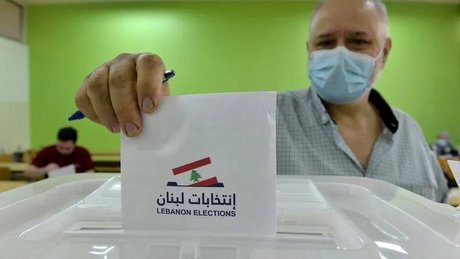Beirut – The second round of the mayoral election for the Northern Governor, coupled with the election money paid in large sums, has brought overwhelming surprises as sectarian and political agitations have the power to finalize the results of the 2026 parliamentary elections.
Similar to the elections in Mount Lebanon, elections in the north showed a significant decline in voter turnout.
This sectarian and political tension is evident in Lebanese military rhetoric, showing serious fear among the parties of violations or rebuttal to its claims of full support of Lebanese Christians.
It is noteworthy that over 40% of voters in the northern city of Bushari voted against the Lebanese military party.
Gebran Bassil, leader of the Free Patriotic Movement, said at a press conference:
Basir added that he “sieged, isolated and eliminated the Lebanese army as much as possible.”
The Lebanese military party has denounced political opponents in the north in support of a “axis of resistance.”
In the South, where elections are held on May 24th, the committee overseeing the implementation of the ceasefire agreement is scheduled to take place this week at Ras Arnakula, led by new chairman, General Michael J. Renee.
The election comes amid fears that Israeli enemies will intensify their attacks to pressure Southerns to prevent them from voting, especially in border towns.
The Lebanese government reportedly agreed to relocate all polling stations from municipalities along the border with occupied Palestine as it refused to provide assurance that rooms that Israeli enemies would not be targeted.
In contrast, votes are permitted in other border towns, such as Rmeish and Ain Ebel (Christian villages influenced by Lebanese forces).
Just as two rounds of elections in the North and Mount Lebanon witnessed a decline in participation, Sidon is not different as there are Lebanese military election machines working to mobilize Christian votes against other lists, claiming it threatens the existence of Christianity in Sidon.
Former Prime Minister Sa’ad Hariri’s future movement led to further fragmentation within the Sunni community by his resistance to challenge local government elections at Sidon (one of its main hubs).
Shiite duo Hezbollah and leaders of the Amal movement held a coordination meeting as part of a follow-up to implementing the cooperation agreement to form the city’s list.
The meeting discussed mayoral elections and developments related to mayoral elections in Beirut, Bekaa, Barbek Hermel, and Nabatier’s governors over the next two weeks.

